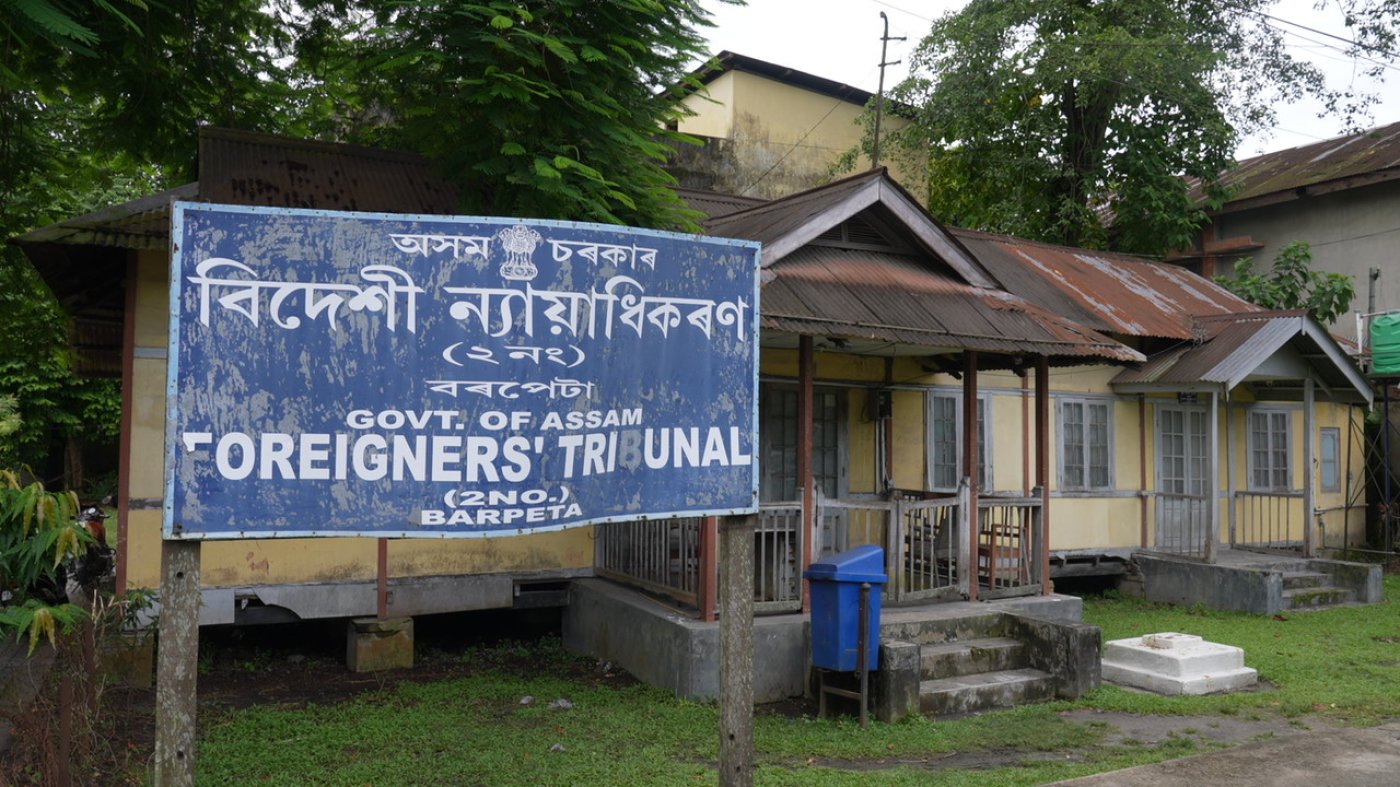
By Mohsin Alam Bhat And Arushi Gupta
In 2013, a Foreigners Tribunal (FT) in Dibrugarh, Assam, issued a notice to Pinki Das, a woman in the final stages of pregnancy. Six months later, without her presence or defence, she was declared a foreigner through an ex parte order.
Pinki had missed a hearing because she gave birth to a baby boy in March. When she approached the Gauhati High Court, arguing that childbirth justified her absence, Justice A K Goswami dismissed her plea with chilling brevity: “We are not inclined to take a view that for giving birth to a child, she was unable to take part in the proceedings.”
Pinki’s story is not unusual. According to the latest available Lok Sabha data provided by the union ministry of home affairs, 63,959 people—more than 54% of those declared foreigners over 30 years, between 1985 and 2019—were declared so ex parte.
Such proceedings, which deny individuals the chance to present a defence, require no evidence from the State. Citizenship is stripped by default. This is the first of a two-part series on a new report, Unmaking Citizens, which shows these are not isolated cases but symptoms of a larger, broken system.
This story was originally published in article-14.com. Read the full story here.

